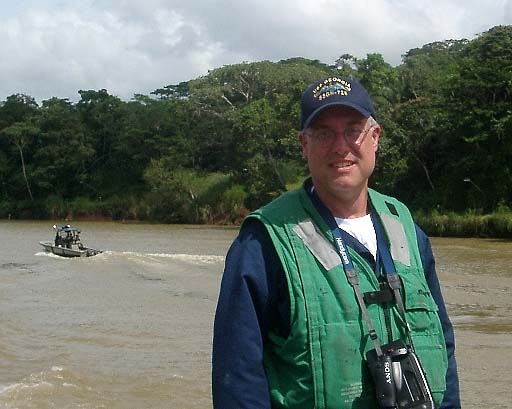A controversial new extremism law, actively promoted by the KNB secret police, has now been signed by the Kazakh President. As well as being criticised by some religious believers, the law has been criticised by a wide range of local and international organisations, including the Organisation for Security and Cooperation in Europe. But Almaty city's official chief specialist on religious affairs, Vladimir Ivanov, told Forum 18 News Service that "I do not understand this concern. The law on extremism and also the amendments to other laws have no relation to religion and consequently do not represent a threat to believers." Strongly disagreeing was Ninel Fokina of the Almaty Helsinki Committee, who told Forum 18 that "the term 'religious' occurs ten times (…). The new law can be used by the state to combat religious organisations it does not like." Religious law specialist Roman Podoprigora pointed out to Forum 18 that, under amendments to other laws brought in with the extremism law, Kazakhstan can now decide "to close religious communities on the basis of information from the relevant organs of odious regimes," such as North Korea.The authorities assure us that the law has nothing to do with religion, and that may be so, but I doubt it;
According to article 6 of the law, "the state agency for relations with religious associations willAnother clue as to who the target may be;
- study and analyse the activity of religious associations that have been established on the territory of the Republic of Kazakhstan and of foreign citizens engaged in preaching and/or disseminating any form of religious belief [emphasis mine - ed.];
- the agency will also implement information and propaganda measures on issues that are within its competence
- will consider issues relating to breaking the law on freedom of conscience by religious associations,
- and will make representations to forbid the activity of religious associations which have broken the Republic of Kazakhstan's laws on countering extremism."
It is clear that article 6 significantly strengthens state control over the life of religious communities.
According to article 8 of the law "a foreign or international organisation which carries out its activity on the territory of the Republic of Kazakhstan and/or of other states will be designated extremist by the court of the city of Astana [emphasis mine - ed.] by means of a declaration by the procuracy agency in a manner prescribed by the law of the Republic of Kazakhstan".
Bozhko also emphasised that the KNB "definitely" intended to regulate missionary activity strictly. "We will tighten up our approach to preventing incidents of kindling inter-religious discord," he told Khabar. "We have religious associations which are not registered but which are active on the territory of the republic. It is clear that they should be held to greater accountability and we are working towards that."The Muslims and the Orthodox Christians both report via their senior authorities that they do not believe that this law threatens their rights in any way. The Hare Krishnas, however, are concerned. I suspect that the targets include not only the Hare Krishnas, but Jehovah's Witnesses and, more importantly, someone who is truly dangerous.
The first deputy chairman of the KNB secret police, Vladimir Bozhko, was equally open, telling the Khabar agency on 31 January that "our proposals for regulating missionary activity in Kazakhstan are now with the Ministry of Justice". He added: "We need to defend society from the penetration of ideas that are alien to our mentality, alien to our traditional forms of religious expression… Of course, we need to take certain measures. [emphasis mine - ed.] Incidentally, we have already expelled from Kazakhstan all kinds of religious 'emissaries' who without permission from the authorities and without registration carried out activities which were, to put it mildly, incompatible with the principles of national security."Of course in the United States we profess to stand against restrictions of religious expression, but it is hard to criticize the Kazakhs for trying to control cultural and religious forces that could well be harmful to then, particularly the forces of the Wahabi (Salafi) Islamists from the Saudi Entity. Nowhere in the piece are Salafist Islam or the Saudis mentioned, but with the well know export of fundamentalist Islam from Saudi Arabia via its network of madrassas (which exist in nearly every country that I can think of including the U. S.) it is hard to doubt that they are the primary target.
Unlike the Europeans and the Americans, the Kazakhs have not willingly blinded themselves to the danger of the sort of imported religious extremism that expresses hatred for its host culture.
Good for them.
I realize that the Forum 18 piece is mean't to sound an alarm. Certainly one must watch such laws to ensure that peaceful, honest believers are not persecuted, but nations and cultures have the right and the duty to protect themselves and their citizenry. A balance must be struck, and sometimes an aggressive approach is necessary.






No comments:
Post a Comment